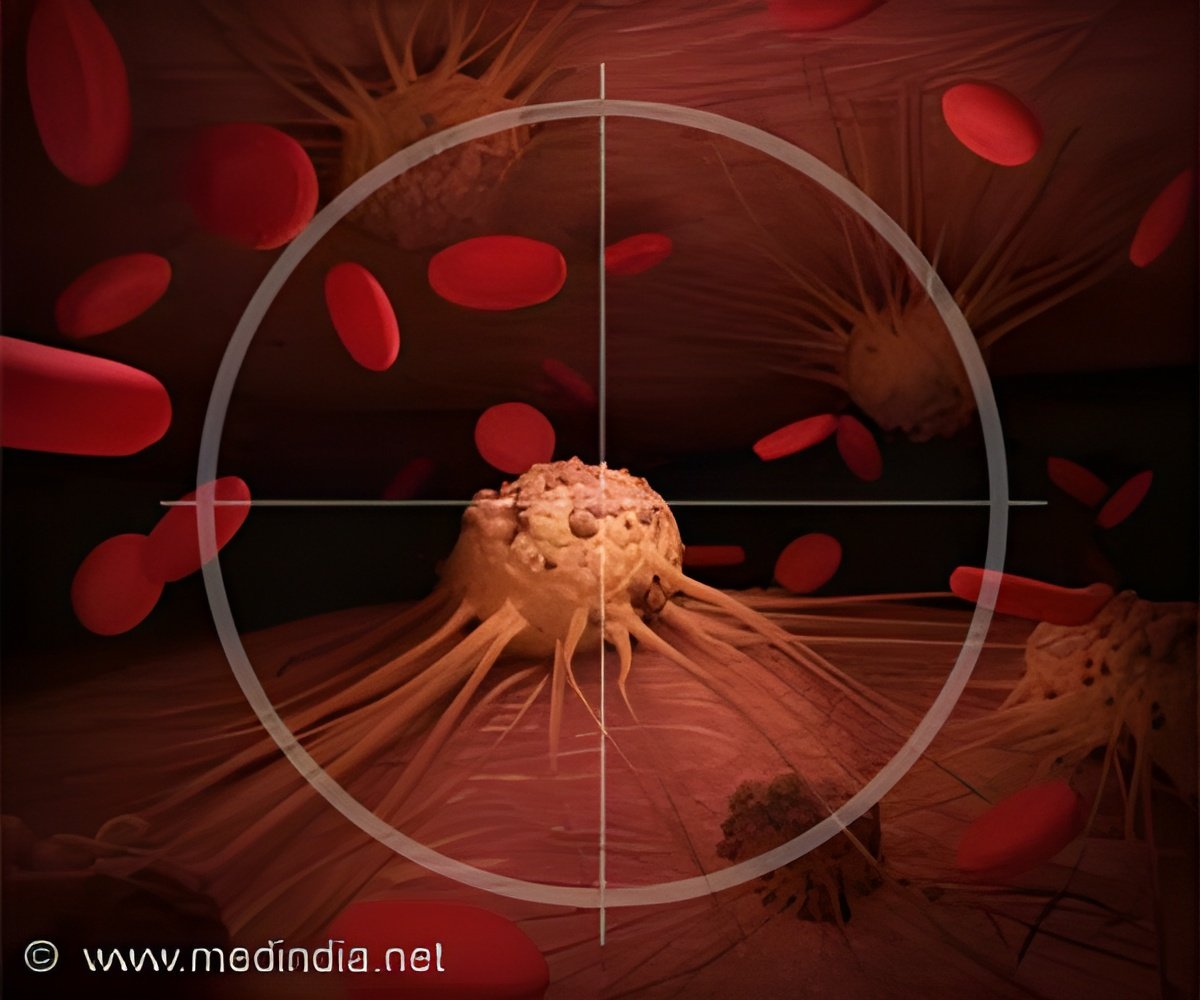Cancer cells dependency on cholesterol for survival can be exploited to destroy the cancer cell. In this study, a rare type of lymphoma called ALK-positive ALCL is being exploited.

‘It has been found that the cancer cells become dependent on taking up cholesterol from their environment, and so this dependency can be targeted to design therapies that block cholesterol uptake.’





Researchers at The Rockefeller University now announce the discovery of a rare tumor type that is unable to synthesize cholesterol, a molecule without which cells can't survive."These cells become dependent on taking up cholesterol from their environment, and we can use this dependency to design therapies that block cholesterol uptake," says Kivanç Birsoy, the Chapman Perelman Assistant Professor, who reports the findings in Nature.
Cutting back on cholesterol
Birsoy has long been fascinated by the fact that, in rare cases, cancers lose the ability to make critical nutrients. Some types of leukemia, for example, are unable to synthesize the amino acid asparagine. As the first line of defense against these cancers, doctors give patients a drug known as asparaginase, which breaks down the amino acid, removing it from the blood. Without access to external stores of the nutrient, the cancer cells die.
Birsoy and his colleagues - including Javier Garcia-Bermudez, a postdoctoral fellow in Birsoy's lab - set out to look for other cancer types that might be vulnerable to cut-offs in nutrient supply. The researchers looked first to cholesterol, an essential ingredient for all dividing cells. Typically, cancer cells either make cholesterol themselves or acquire it from the cellular environment, where it is present in the form of low-density lipoprotein (LDL).
Advertisement
When the researchers reviewed gene expression data from the cholesterol-dependent cell lines, they discovered that these cancers lacked an enzyme involved in the synthesis of cholesterol. Without this enzyme, the cells accumulated squalene, a poorly studied metabolite that acts as a precursor for cholesterol.
Advertisement
Exploiting vulnerability
In another experiment, the researchers knocked out the cancer cells' LDL receptors, a primary means of absorbing external cholesterol. As a result, the cells had no access to the nutrient and died. This outcome points to a novel way to kill ALCL cells, which can become resistant to chemotherapy. "We think therapies that block uptake of cholesterol might be particularly effective against drug-resistant forms of ALCL," says Birsoy.
Moving forward, the researchers plan to screen other cancers for similar vulnerabilities. Says Birsoy: "This is part of a larger strategy of looking for nutrient dependencies or deficiencies in various cancer types."
Source-Eurekalert















